Description
[NOTE: Cover photo obtained from the Wikipedia page, https://en.wikipedia.org/wiki/Leccinum_griseum. Credit given to Danny Steaven. Photo used according to the designated license. ID NOT CONFIRMED INDEPENDENTLY]
Name in North American Boletes: Leccinum carpini
Genus: Leccinum
- Genus 2: Leccinellum
Species: cf. carpini (meaning it’s a European name that is wrong)
- Species 2: pseudoscabrum
- Species 2: griseum
Common Name:
Tells: Brownish cap (lighter at the edge) wrinkles & pits w/age, sometimes cracking. Cap flesh stains reddish, slowly darkening to purple-brown. Likes hornbeam (a/k/a ironwood).
Other Information: Cap color ranges from yellow- to olive- or purplish-brown. White pores age to grayish yellow & stain brownish yellow. White stem flesh may have greenish tints in the base. White stem w/brown to grayish scabers that darken w/age.
Science Notes: There is great confusion in the current nomenclature for North American Leccinums and Leccinellums. This is an example. Once upon a time there was a N.A. mushroom named “carpini” after its similarity to the European species of that name – this entry. DNA has proved they are not the same; but what is this one? In North American Boletes the range for “carpini” was set at Canada south to Florida, west to Michigan. In Boletes of Eastern North America the range is limited to the South, with Leccinellum griseum being limited to the south (and liking oak), Leccinellum quercophilum (new) being limited to the north, and Leccinellum crocipodium, and Leccinum rugosiceps being the wrinkled-cap scaber-stalks with broad ranges. Who knows where it will end!
Edibility: Good.
CHEMICAL TESTS:
- NH4OH (Ammonia): No data.
- KOH: No data.
- FeSO4 (Iron Salts): No data.
Links:
- Mushroom Expert (as Leccinum pseudoscabrum)
- Mushroom Observer
- Wikipedia
- Google Image Search
 |
0 |  |
0 |  |
200 |  |
0 |

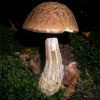
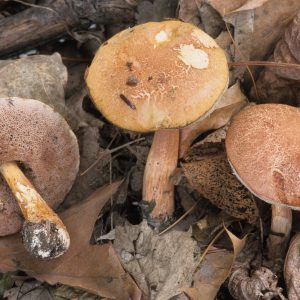
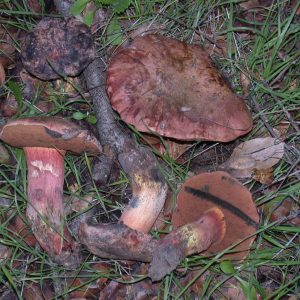
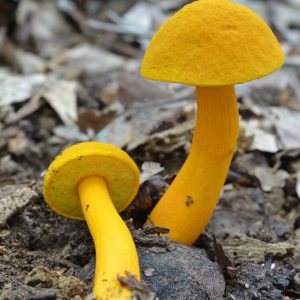
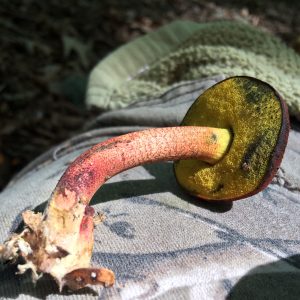
Got something to discuss?